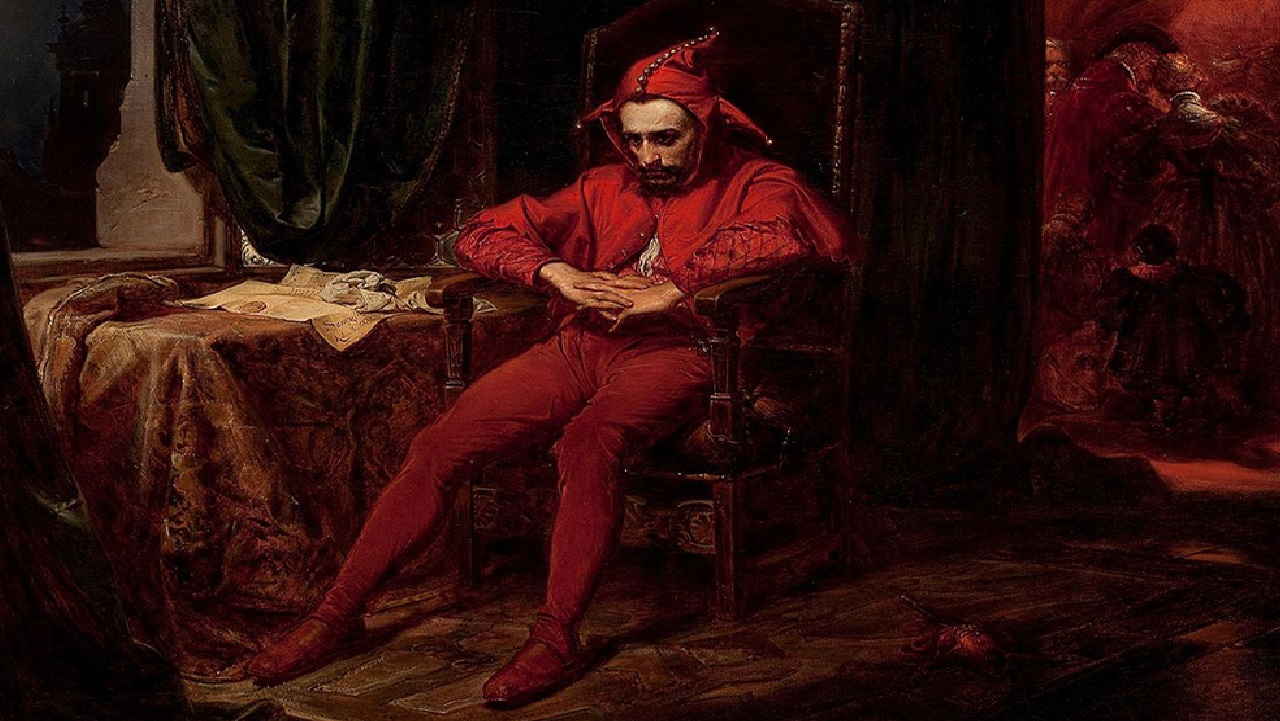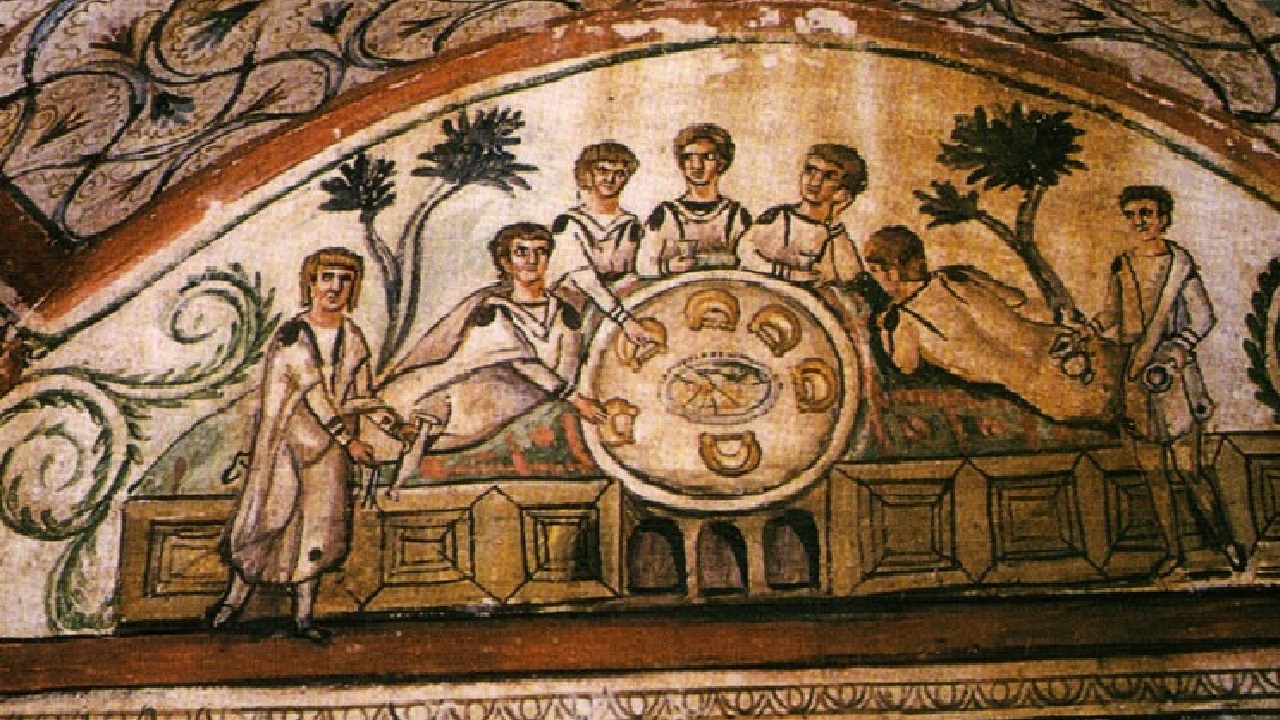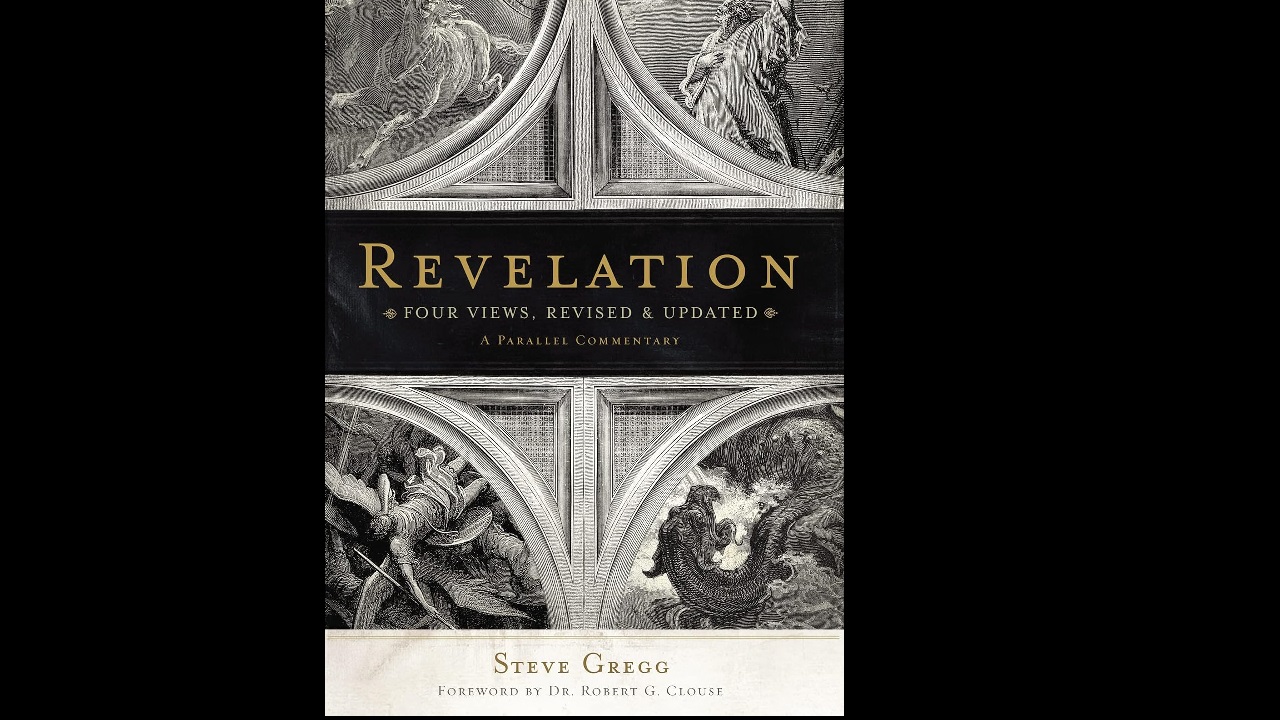by Barbara Buzzard
German theologian and pastor Dietrich Bonhoeffer asked the question: Which is more dangerous — the fool or an evil person?[1]
He then answered: “Folly is more dangerous to the good than evil.” Which is to say that fools are more dangerous than evildoers. He said this because “the fool will be capable of any evil and at the same time incapable of seeing that it is evil.”
“Folly[2] is more dangerous to the good than evil…Evil always carries the seeds of its own destruction, as it makes people, at the least, uncomfortable. Against folly we have no defense. Neither protests nor force can touch it; reasoning is no use; facts that contradict personal prejudices can simply be disbelieved — indeed, the fool can counter by criticizing them, and if they are undeniable, they can just be pushed aside as trivial exceptions. So the fool, as distinct from the scoundrel, is completely self-satisfied; in fact, he can easily become aggressive. A fool must therefore be treated more cautiously than a scoundrel; we shall never again try to convince a fool by reason, for it is both useless and dangerous.”[3]
Bonhoeffer says surprisingly that foolish actions are moral rather than intellectual defects. Therefore intelligent people can behave foolishly if their moral compasses are not set for true north. He notes that we make fools of ourselves. As the Bible says, “the fear of the LORD is the beginning of wisdom” (Prov. 1:7). In other words, the only cure for folly is spiritual redemption, for that alone can enable a man to live as a responsible person in the sight of God. Mark Twain perceptively said, “It’s easier to fool people than to convince them that they have been fooled.”
In the landscapes of our lives, we have all presumably met with foolish people and foolish ideas. It seems this situation is the perfect testing ground for our Creator God to watch us and to see how we handle exposure to foolishness. We should note that wherever wisdom is, folly is also sure to be found (Prov. 9:1, 13). That is to say — wherever, whenever, everywhere, and always wisdom and foolishness compete with each other. And we are in very dangerous territory if we do not recognize that folly can masquerade as wisdom; we must test and see. It really is a war of wisdom vs. folly. And there is a fatal divide.
In speaking about fools, I scrambled to commentaries for confirmation and support lest I be in danger of the following: “Whoever says ‘You fool!’ will be liable to the lake of fire” (Matt. 5:22). Why then did Jesus and Paul call people foolish? They were criticizing people who were behaving rashly and without thinking, and without wisdom. The saying in Matthew 5 that we were warned not to use involved a judgment call on one’s character — saying that his nature was empty-headed. Jesus and Paul never condemned the nature of a person, nor could they as we are all made in God’s image. They warned people who were acting unwisely and thoughtlessly, as per the instruction in Galatians 6:1 on Christian behavior.
British theologian John Stott saw foolish behavior as so serious that he said: “The Galatians turning away from the gospel, therefore, was not only a kind of spiritual treason (Gal. 1:6), but also an act of folly. Indeed so stupid was it that Paul wonders if some sorcerer ‘has bewitched’ them.”
“God assumed from the beginning that the wise of the world would view Christians as fools, and He has not been disappointed. Have the courage to have your wisdom regarded as stupidity. Be fools for Christ. And have the courage to suffer the contempt of the sophisticated world.”[4]
Romans 1:21-22 is a stern warning for us all, and note the word “became”: “They became futile [fools] in their thinking…claiming to be wise, they became fools.” Discernment, a most precious gift to be prayed for and valued most highly, will prevent us from falling into foolishness.
[1] Lynn Vincent, World magazine, Aug. 2024.
[2] The word “folly” has gone out of fashion; it refers to the actions of a fool. “Scoundrel” is also a word rarely used. It would refer to one who is doing evil.
[3] Dietrich Bonhoeffer, letters from prison.
[4] Supreme Court Justice the late Antonin Scalia.




